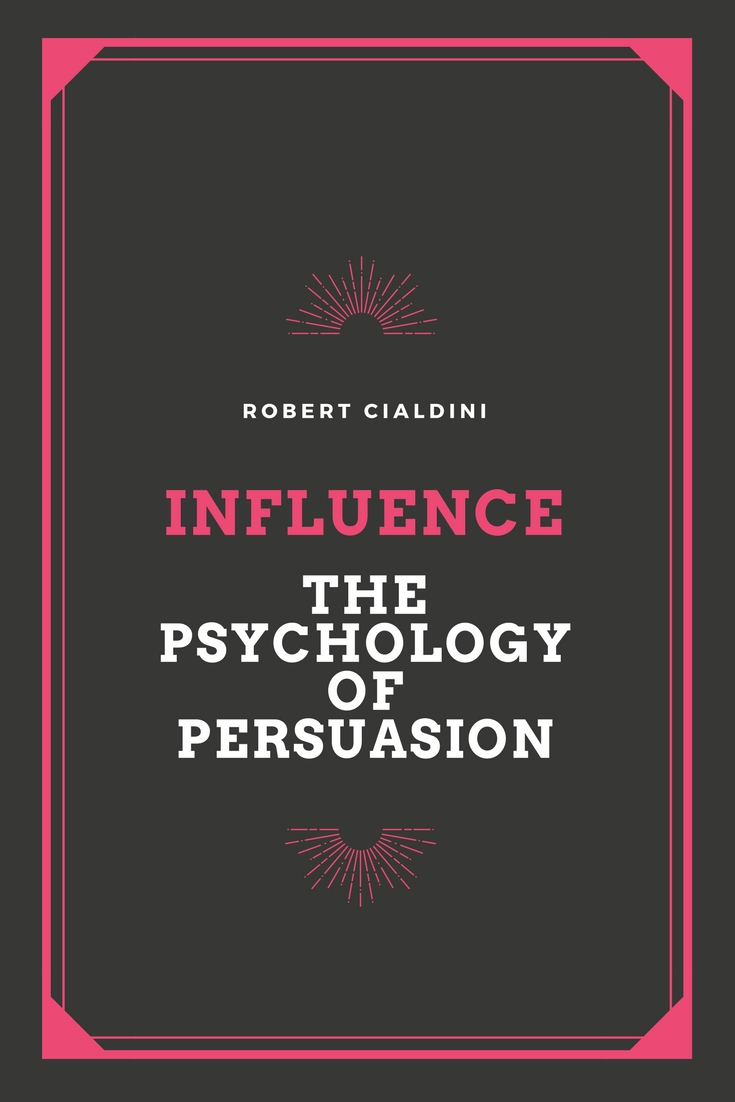"One of the best ways to persuade others is with your ears—by listening to them." - Robert Cialdini
🎧 Listen to the Audio Summary
📌 Key Takeaways - Influence
Reciprocity: 🎁 The tendency to feel obligated to repay others when they have done something for us. Example: A salesperson offers a free sample, making you feel obliged to buy the product.
Commitment and Consistency: 📝 The desire to act in ways consistent with our past behaviors and commitments. Example: Signing up for a loyalty program and feeling compelled to continue shopping at that store.
Social Proof: 👥 The tendency to look to others' behavior to determine what is correct or appropriate. Example: Choosing a crowded restaurant over an empty one, assuming it must be good.
Liking: 😊 The influence of being liked and liking others. Example: A celebrity endorsing a product, making people more inclined to purchase it.
Authority: 🎓 The tendency to comply with authority figures. Example: Following a doctor's prescription without questioning it.
Scarcity: ⌛️ The desire for things that are perceived as rare or limited. Example: "Limited time offer" or "Only 3 items left" prompts purchases.
Unity: 🤝 The feeling of belonging to a group or identifying with a cause. Example: Joining a social movement because it aligns with your values.
Contrast: ↔️ Presenting options in a way that emphasizes the differences between them. Example: A salesperson shows you an expensive item first, making the next one seem more affordable.
Consensus: ✅ The tendency to believe or follow others based on what similar others are doing. Example: Choosing a restaurant with long waiting lines because you assume it's good.
Emotional Appeals: 😢🤩🤬 Using emotions to influence decisions. Example: An advertisement showing a sick child to elicit sympathy and encourage donations.

